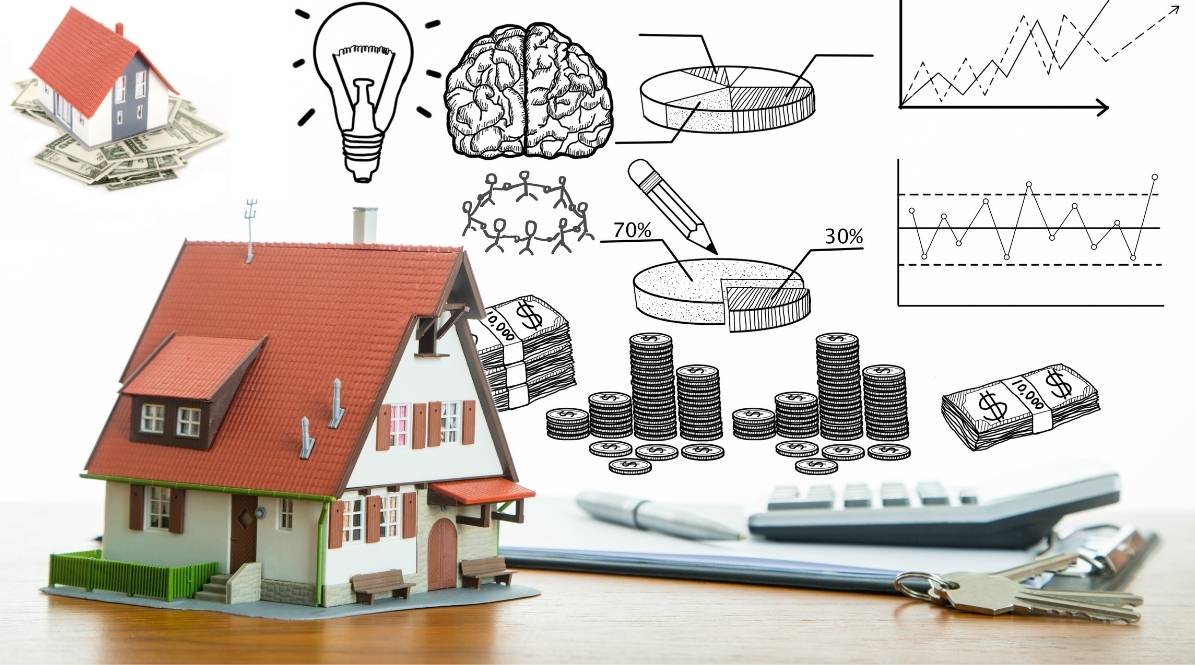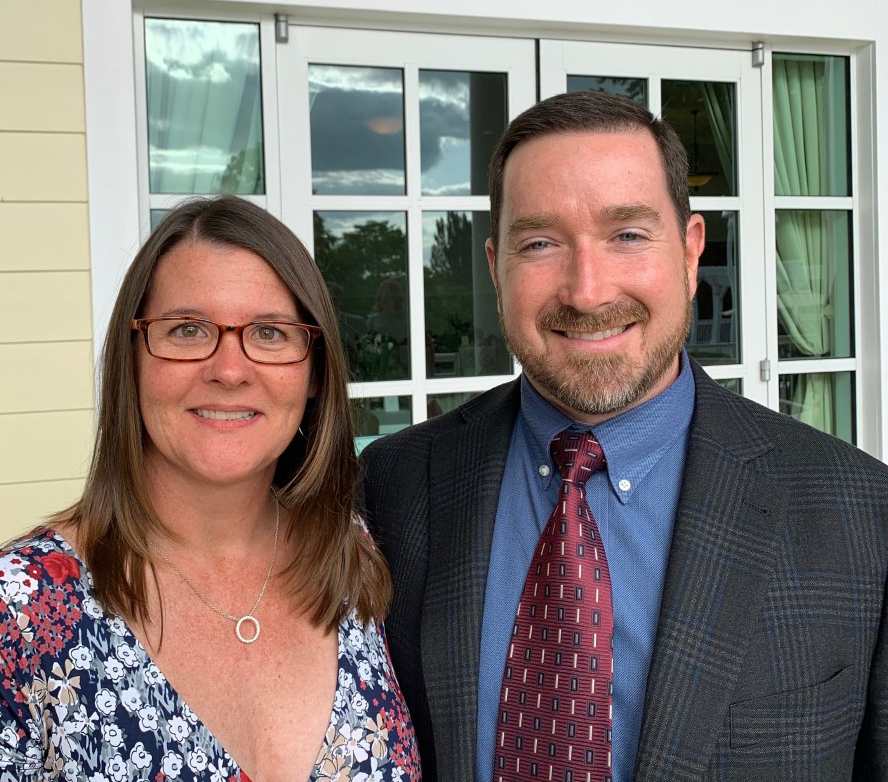Can You Afford Your Central Florida Rental Property?
Owning a Florida investment property can be a great way to build wealth and prepare for retirement. Many real estate investors rely on rental income for steady cash flow. The million-dollar question is: are you really earning what you expect from your property?
Why Central Florida Rental Properties Are a Smart Investment
Whether you inherited a home or purchased it as an investment , you own a valuable asset. According to the Orlando Regional Realtor’s Association, the median price for an investment home in Orlando between May–July 2025 was $390,000. That’s a strong foundation for long-term appreciation.
But value growth doesn’t happen on its own. Rental properties require the same attention as your primary home—sometimes more. To get the best return, you’ll need to budget for both expected and unexpected property expenses.
Rental ownership isn’t just about collecting monthly rent. You’re running a small business, and like any business, it has operating expenses. Some are predictable, while others show up suddenly and impact your rental income and expenses.
Expected Residential Rental Property Expenses
Every rental property owner in Central Florida should factor in recurring costs, including:
● Mortgage payments
● Property taxes and annual tax bill
● Homeowner’s insurance and insurance premiums
● Private mortgage insurance (if applicable)
● HOA dues (if applicable)
● Basic utilities (electricity, gas, water/sewer, trash, recycling)
You’ll also need to cover ongoing repair and maintenance, such as:
● Lawn care
● Pool maintenance
● Pest control
If you own multiple properties, these costs multiply quickly. Many landlords use dedicated bank accounts for property management. This helps separate personal expenses from rental accounts and makes it easier to track what you can deduct at tax time.
Unexpected Rental Property Expenses
1. Vacancy Costs and Lost Rent
Tenant turnover is part of being a landlord. When your property sits empty, you’re responsible for:
● Utilities during vacancy
● Deep cleaning
● Touch-up painting
● Repairs and replacements
● Lawn, pool, and pest service
● Marketing and advertising
● Screening tenant applications
● Returning or applying the security deposit
Vacancies in Central Florida can last weeks or even months. Can you cover your mortgage, monthly rent obligation, and daily household expenses without rental income coming in?
2. Major Repairs and Replacements
Some expenses come without warning . A roof leak, failed HVAC system, or broken water heater can quickly eat up months of rental income. In Florida, insurance requirements often mean updating systems sooner than expected.
Here are average replacement costs for a 1,500 sq. ft. rental home:
● HVAC system: $6,000–$7,000
● Shingle roof replacement: $12,000–$15,000
● Carpet: $3,000–$4,500
● Interior paint: $2,000–$3,000
● Exterior paint: $3,500–$5,000
On top of this, landlords need to account for wear and tear. Even well-maintained homes experience appliance breakdowns, plumbing leaks, and flooring replacements. You must include these as part of long-term ownership in your financial plan .
The “Rainy Day” Rule for Central Florida Landlords
Experts recommend setting aside 1–4% of your property’s value each year for maintenance and repairs.
For a $390,000 Orlando rental property, that’s $3,900–$15,600 annually. By making an emergency fund or saving part of your rental income each month, you will have cash to deal with problems. This way, you can handle issues before they turn into financial setbacks.
Pro Tip: Track the age of your roof, HVAC, plumbing, and appliances so you can plan for replacements in advance.
Some landlords open separate bank accounts just for property expenses. This allows you to build reserves for future work like painting, carpet replacement, or even large projects like a new roof.
Tax Considerations for Florida Real Estate Investors
Financial preparation isn’t only about setting money aside. Smart landlords also use tax laws to reduce costs. In the United States, rental property owners benefit from several deductions, including:
● Insurance premiums
● Mortgage interest
● Property taxes
● HOA fees
● Repairs and routine property expense items
You can also depreciate your property using the IRS cost recovery system (MACRS). This is usually spread over 27.5 years for residential rentals. This non-cash deduction helps offset income and improve long-term profitability.
Even expenses like professional services, marketing, or deducting the cost of tenant screening may be deductible. Keep organized records, separate bank accounts, and save receipts to maximize your return.
How Financial Preparation Protects Your Rental Income
Owning a rental property is rewarding, but it’s only sustainable with smart planning. Here’s what you can do:
● Create a budget for fixed expenses
● Set aside funds for vacancies
● Save for big repairs and replacements
● Track what you can deduct at tax time
● Prepare for both predictable and unpredictable costs
If you own several vacation or rental homes, your expenses can exceed your income when they are empty. Building a cash cushion keeps your cash flow positive even when things go wrong.
Final Takeaway for Central Florida Property Owners
Managing a rental property in Central Florida comes with challenges, but you don’t have to do it alone. With the right planning—or professional property management —you can protect your investment and keep your rental profitable.
Wilson Management Group helps Central Florida landlords maximize their returns with reliable rental property management services. From maintenance planning to tenant placement, we make rental ownership easier.
Contact Wilson Management Group today. We can help you stabilize your rental property and protect your income.
Frequently Asked Questions About Central Florida Rental Properties
1. How much should I set aside for rental property repairs in Central Florida?
Most experts recommend saving 1–4% of your property’s value each year for maintenance and repairs. For a $390,000 rental home in Orlando, that equals $3,900–$15,600 annually.
2. What are the biggest unexpected expenses for landlords in Central Florida?
The most common surprise costs include vacancy expenses, HVAC repairs, roof replacements, and insurance-related upgrades. Florida landlords often face stricter requirements for roofs and air conditioning systems compared to other states.
3. How long does it take to find a new tenant in Central Florida?
It depends on location, condition, and rental price. Some Central Florida properties rent within a couple of weeks, while others may sit vacant for one to three months. Having a property management company can reduce vacancy time through better marketing and tenant screening.
4. Is it worth hiring a property management company in Central Florida?
Yes—especially if you own more than one rental property or live outside the area. A property management company handles operating expenses, tenant placement, rent collection, maintenance coordination, and legal compliance. This saves landlords time and protects rental income.
5. What’s the average cost of replacing an HVAC system in a Central Florida rental home?
For a 1,500 sq. ft. property, the average cost is $6,000–$7,000. Since air conditioning is essential in Florida, most tenants expect a well-maintained and efficient system.
6. Can I raise rent to cover unexpected costs in Central Florida?
Yes, but only at the end of a lease term (or as allowed by your lease agreement). Make sure to keep up with the local rental market when setting new rates. If you don't, you might have longer vacancy periods.
7. What property expenses are deductible for Central Florida landlords?
Landlords can typically deduct insurance premiums, mortgage interest, property taxes, management fees, and repair costs. They can also depreciate the property value using the IRS cost recovery system (MACRS) over 27.5 years.
8. Should I keep a separate bank account for my rental property?
Yes. Having separate bank accounts helps you track rental income and expenses. It also makes it easier to organize receipts and get ready for tax season. It also helps protect personal finances from property-related obligations.


